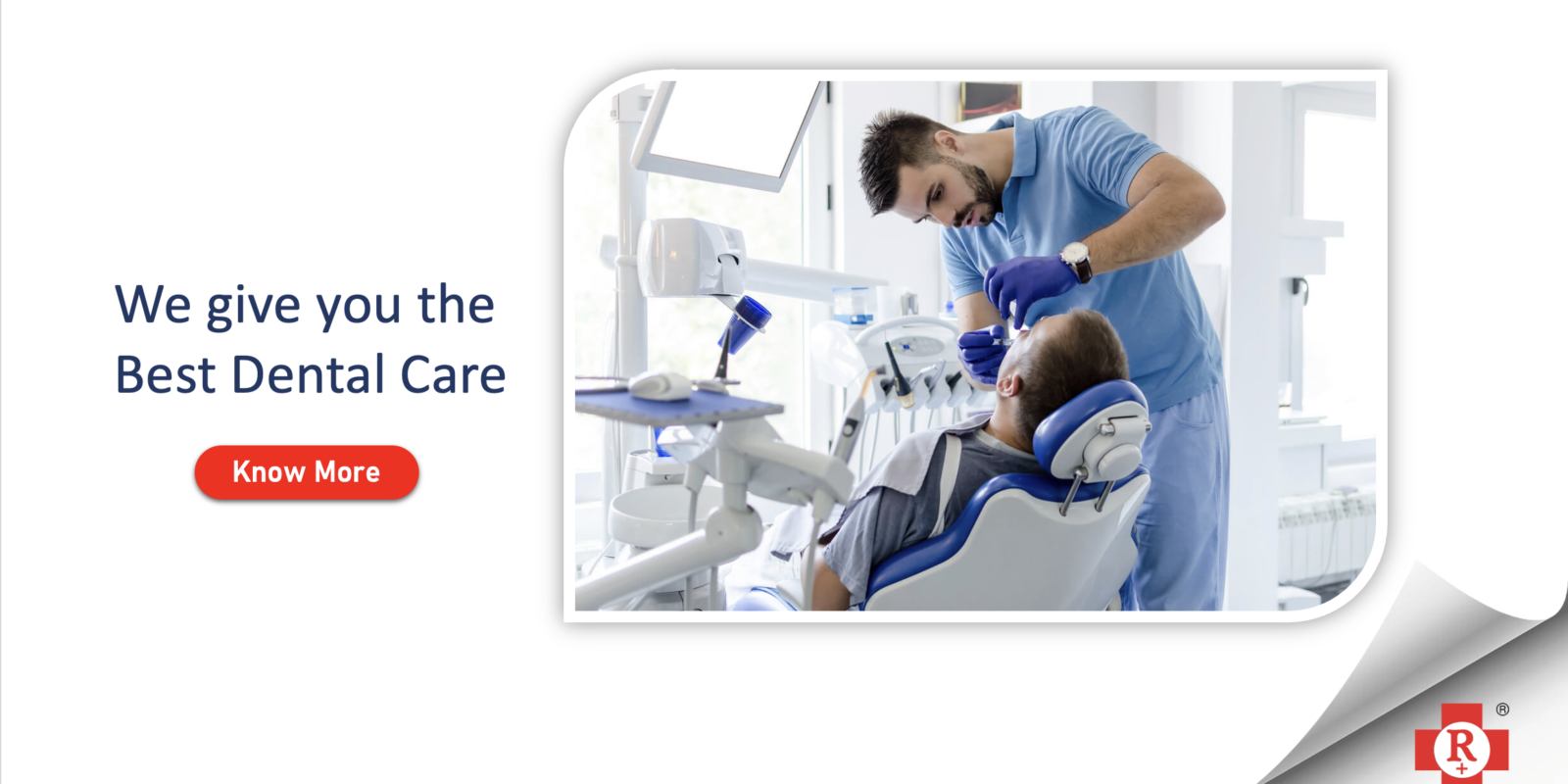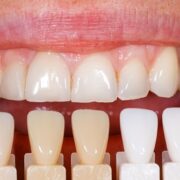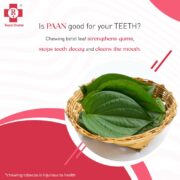Pregnancy is a special time in a woman’s life, and it is important to take extra care of your health during this period. This is especially true for dental care, as pregnant women may be more prone to certain dental problems. Taking steps to maintain good oral hygiene during pregnancy can help reduce the risk of developing tooth decay, gum disease, and other oral health issues. It is important to consult with a qualified dentist who is familiar with the unique needs of pregnant women to ensure that proper dental care is provided. With the right advice and care, pregnant women can enjoy a healthy smile throughout their pregnancy and beyond.
The importance of dental care during pregnancy
During pregnancy, a woman’s body undergoes a number of changes. One of the most significant changes is to her oral health. During pregnancy, there are many factors that can affect your teeth and gums and increase the risk of developing tooth decay, gum disease, and other oral health issues Pregnant women are especially vulnerable to tooth decay because the levels of certain pregnancy hormones like progesterone and estrogen are higher in pregnant women.

These hormones cause certain changes in the mouth that can make teeth more sensitive to decay. In addition, pregnant women often experience changes in their teeth-cleaning habits due to morning sickness and fatigue. As a result, pregnant women are more likely to develop cavities and other oral health problems. Regular dental checkups and proper dental care can help prevent the most common oral health issues that are associated with pregnancy. In order to fully enjoy your pregnancy, it is important to take care of your teeth and gums.
Effects of pregnancy hormones on oral health
The hormone progesterone found in high levels in pregnant women has been associated with an increased risk of tooth decay, primarily because it decreases saliva production. Saliva naturally helps wash away sugars from the teeth and neutralizes acids in the mouth that cause tooth decay. During pregnancy, progesterone decreases saliva flow, leading to an increased risk of tooth decay. Estrogen is another hormone associated with pregnancy that is known to increase the risk of tooth decay. Estrogen may cause pregnant women to have higher levels of calcium in the urine, which can increase the amount of calcium in the fluid in the mouth and increase the risk of tooth decay.
The hormone estrogen is also associated with a higher risk of gum disease during pregnancy. Gum disease is caused by plaque, a sticky film of bacteria that forms on teeth. Plaque can also form below the gum line, which can lead to gum disease. During pregnancy, an increase in the amount of estrogen in the body can cause gums to swell and makes it more difficult to remove plaque and bacteria from the teeth and gums.
Common dental problems during pregnancy
A pregnant woman’s oral health is closely related to her general health, and can be affected by a number of factors including pregnancy hormones, diet, and oral hygiene habits. Pregnant women are more likely to develop cavities and gum disease, and may experience other oral health problems including dry mouth and bad breath, toothache, and a change in the color of teeth. Tooth decay, also known as dental caries, is the most common oral health issue that is associated with pregnancy. Other oral health problems that may affect pregnant women include periodontal disease (also known as gum disease), dry mouth, and halitosis (bad breath).

Tooth decay during pregnancy – Tooth decay, also known as dental caries, is an infection that forms on the surface of teeth when bacteria in the mouth feed on sugar in food and drink.
Dry mouth during pregnancy – Dry mouth is a common oral health condition that is usually associated with getting older. One of the side effects of pregnancy is higher levels of progesterone, which can cause swelling in the salivary glands, along with a general reduction in saliva production.
Periodontal disease during pregnancy – Gum disease is a common oral health problem that is often referred to as periodontal disease. During pregnancy, hormonal changes can increase the risk of periodontal disease.
Halitosis during pregnancy – Bad breath can be caused by a variety of factors, including incorrect oral hygiene and certain foods. During pregnancy, oral health issues such as dry mouth and hormonal changes may increase the risk of bad breath.
How to keep your teeth and gums healthy during pregnancy
Maintaining good oral hygiene is one of the most important things you can do to protect your oral health during pregnancy. The following tips can help you to keep your teeth and gums healthy during pregnancy.
Brush your teeth twice a day. Brush your teeth as you normally would, using a fluoride toothpaste. It is important to brush your teeth twice a day, in the morning and before bed, in order to reduce the risk of developing tooth decay.
Floss your teeth once a day. As you progress through pregnancy, the interdental spaces between your teeth will widen and become more difficult to clean with a toothbrush alone. It is important to clean between your teeth at least once a day using dental floss.

Avoid excessive sugary snacks and beverages. Chewing sugar-free gum after meals can help to prevent tooth decay. Avoid sticky foods such as candy, and drinks such as soda, which can cause tooth decay.
Invest in a pregnancy-friendly oral care kit. It is important to use special oral care products during pregnancy, particularly during the first trimester when some women may experience morning sickness.
Visit your dentist regularly. Visiting your dentist every 6 months will help to prevent tooth decay and gum disease. If you are pregnant, make an appointment to visit your dentist as soon as you know you are expecting.
When to seek help for dental problems during pregnancy
If you experience any symptoms of oral health problems, such as bleeding gums, tooth pain, or a change in your oral hygiene habits, it is important to see your dentist as soon as possible. Your dentist can help to determine if you have an oral health problem and can provide you with the treatment you need to prevent any issues from becoming serious.
If you are experiencing excessive tooth decay, you may need to undergo dental treatment. If you are pregnant, there are certain dental treatments that you should avoid. Before undergoing any dental treatment, you should discuss the best course of action with your dentist.
Dental care tips for pregnant women
During pregnancy, it is important to practice good oral hygiene and avoid certain dental habits that can damage teeth and gums. It is also important to avoid certain oral health products, such as toothpastes and mouthwashes, due to their content.

Drink plenty of water: Water is essential for overall health and can help to prevent tooth decay. Avoid sugary or caffeinated drinks, as they can increase the risk of tooth decay and can cause dark spots on your teeth.
Avoid smoking and second-hand smoke: Smoking and second-hand smoke can stain teeth and gum disease.

Visit your dentist regularly: Visiting your dentist regularly, at least once every 6 months, will help to prevent tooth decay and gum disease.
Eat a balanced diet: Eating a balanced diet rich in calcium and vitamins, such as fruit and vegetables, can help to keep your teeth strong and healthy.
Conclusion
The oral health of pregnant women is an important area of health that often goes neglected. Pregnant women should be aware of the risks associated with oral health issues and know how to protect their teeth and gums from problems. Taking care of your teeth and gums during pregnancy is important for both you and your baby. Protect your teeth from decay and gum disease by practicing good oral hygiene and visiting your dentist regularly. With the right advice and care, pregnant women can enjoy a healthy smile throughout their pregnancy and beyond.






